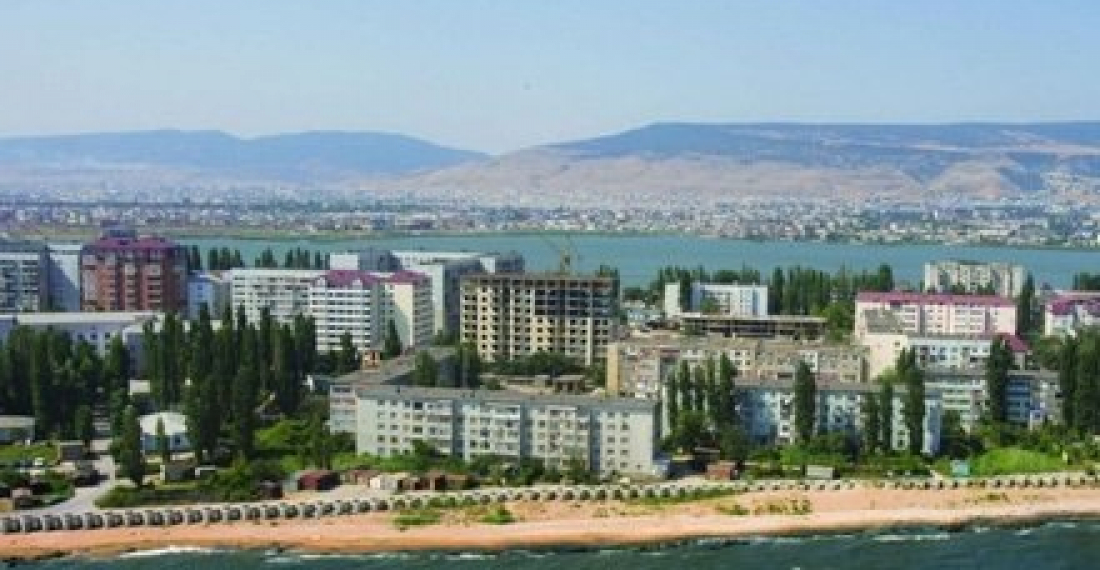The region of Dagestan in the Russian North Caucasus has become an epicentre for the coronavirus pandemic amid reports of mounting fatalities, including among doctors and medical staff, and that the health system had been overwhelmed. The region's health minister, Dzhamaludin Gadzhiibragimov, said that 657 people had died of pneumonia in the region, including 40 medics.
According to a regional breakdown of Russia's official coronavirus tally, only 29 Covid-19 deaths have been recorded in the region of 2.9 million people by Monday.
Critics have accused Russian authorities of downplaying the crisis and manipulating the figures by attributing coronavirus deaths to so-called community-acquired pneumonia and other medical conditions.
Dagestan's Mufti, Akhmad Abdulayev, described the situation as dire and pleaded to the Kremlin for help. Medical staff have been complaining of shortages of protective equipment and tests, and Abdulayev said that many people with the infection die at home and are buried at mass traditional funerals. "They are buried according to tradition and nobody counts them," Abdulayev said.
The situation has forced President Vladimir Putin to intervene directly in the crisis. resident Vladimir Putin was forced to intervene personally on Monday in the epidemic sweeping Russia's North Caucasus region of Dagestan, as local officials described the coronavirus situation as a "catastrophe."
"The situation in the republic of Dagestan is complicated and of course calls for additional - and urgent - measures," Putin said during a video conference with officials on Monday (18 May).
Putin promised to send aid to Dagestan, and asked residents not to gather for the Eid celebration marking the end of Ramadan this weekend.
Dagestan's Governor Vladimir Vasiliev on Monday defended the region's official coronavirus statistics, but promised to "clarify" the number of fatalities among the region medics, amid reports that Dagestan's statistics could be distorted because "only 3% of families give consent to autopsies." Russia enters fatalities into its national coronavirus tally only after an autopsy has confirmed the infection was the primary cause of death.
A total of 290,678 cases of infection of covid-19 have been recorded in Russia so far. 2722 have died.
On Monday, president Putin also spoke on the phone with Azerbaijani president Ilham Aliyev during which he raised the issue of the large number of Azerbaijanis stuck on the Russia-Azerbaijan border in Daghestan. The website of the Russian president, kremlin.ru, said that the two presidents "discussed the difficult situation prevailing in the border regions of Dagestan, where a large number of Azerbaijani citizens accumulated seeking to go home. It was agreed to give instructions to the relevant ministries and departments of the two countries to quickly work out, in cooperation with regional authorities, all issues related to this." The website of the Azerbaijani president reported the telephone conversation, but made no reference to the situation on the border.
source: commonspace.eu with TASS, Moscow Times, Kremlin.ru, president.az and agencies.
photo: The capital of Dagestan, Makhachkala (archive picture).






